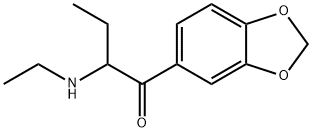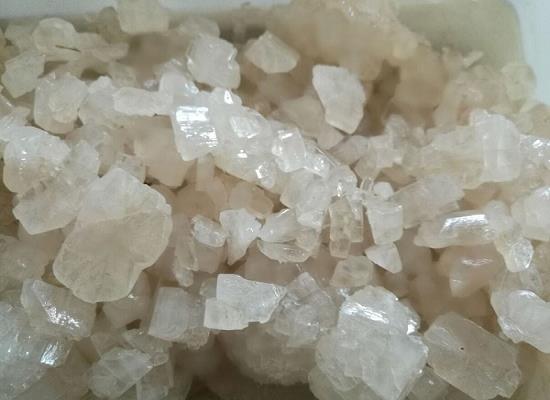The negative impact of eutylone (hydrochloride) for human
Description
Eutylone (hydrochloride) is a stimulant compound developed in the 1960s, which has been reported as a novel designer drug [1] with structural features shared by cathinones, amphetamines, and pyrovalerone. These compounds typically have stimulatory or entactogenic psychotropic effects. So always, the product is intended for forensic purposes [2].

Negative impact
Eutylone (hydrochloride) stimulates the human brain and can give the feeling of euphoria. Today it is used for medical purposes in various countries of the world to help people suffering from different diseases. It does not cure but brings a certain level of relief to patients and it can be also used for recreational purposes. In countries, where light drugs are not prohibited by the law, eutylone (hydrochloride) is used as a party drug [3]. In many countries, eutylone (hydrochloride) is a legal drug. However, the purchaser and user you are recommended to check the status of this drug in locating countries because in some countries, it can be prohibited even for medical purposes. Such as in Sweden, public health agency suggested classifying Eutylone (hydrochloride) as a hazardous substance on September 25, 2019.
Actually, eutylone (hydrochloride) is rarely detected in some countries, and the health effects are little understood. However, there are anecdotal reports of several hospitalizations. The drug has been detected in one death in the United States, but the victim had also taken the extremely dangerous opioid fentanyl – just three milligrams of which is enough to kill the average sized man – so the role of eutylone(hydrochloride) is unclear [4].
Eutylone (hydrochloride) is classified as a novel stimulant and substituted cathinone. Novel stimulants have also caused adverse events, including deaths, as described in the literature. Their availability and prevalence cause that they are often abused. Because of this, eutylone (hydrochloride) and the other substituted cathinone should be detected and determined as part of the routine toxicological screening [5]. To get robust testing data, researchers studied the stability of synthetic cathinones in whole blood and urine samples stored long-term under different temperature conditions. The conducted research indicated that the temperature and matrix have a significant influence on the stability of cathinones, as well as the pH. Significant decreases in the concentrations of some analytes were observed within just several dozen hours of storage at room temperature. 3,4-methylenedioxy derivatives, such as pentylone, eutylone, butylone and dibutylone, are very stable. Significant differences in the rate of breakdown of cathinones in blood and urine stored at room temperature were observed. The pH of the sample had a great impact on the stability of cathinones, especially in urine. The testing results demonstrated that Eutylone (hydrochloride) is very stable in the blood and urine, which will affect human psychotropic for a long time.
References
[1] https://en.wikipedia.org/wiki/Eutylone
[2] https://www.bertin-bioreagent.com/pr6327/eutylone-hydrochloride
[3] https://www.citizensconnection.net/pharmaceutical-raw-materials-things-you-need-to-know-about-eutylone/10/
[4] https://www.msn.com/en-nz/news/national/new-bath-salt-detected-at-university-of-otago-re-orientation-week/ar-AAE9hJX
[5] Piotr Adamowicz and Aleksandra Malczyk, Stability of synthetic cathinones in blood and urine, Forensic Science International, Volume 295, February 2019, page 36-45



